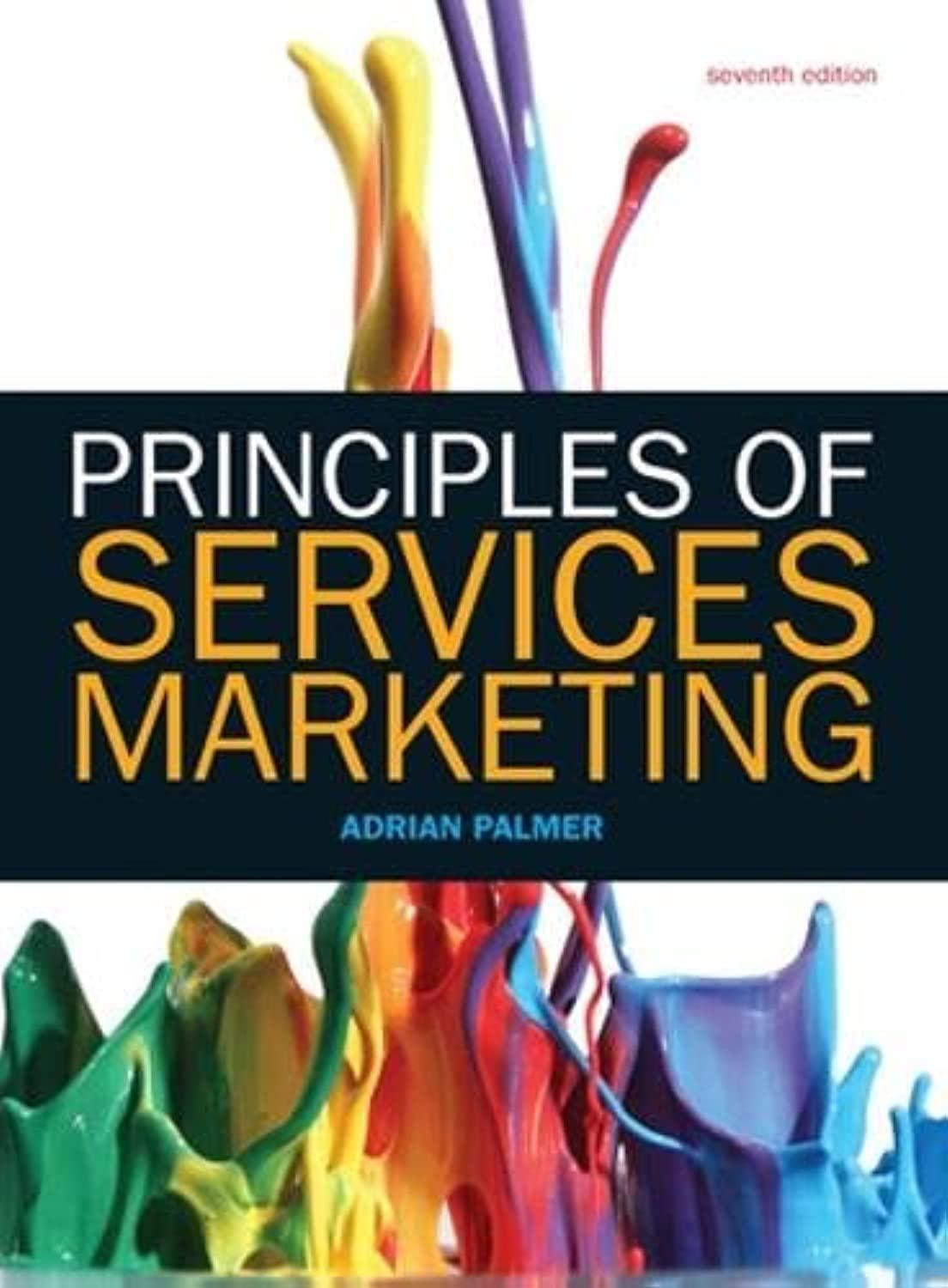Jane is 53 years old and lives with her cat in a northern suburb of Melbourne. She
Question:
Jane is 53 years old and lives with her cat in a northern suburb of Melbourne. She works full-time on the other side of town, so she prefers to drive rather than catch public transport. On the weekend Jane likes to do some gardening, and she is also fond of red wine. In fact, she drinks so much that it makes financial sense for her to buy her wine by the carton. Jane’s daughter lives a few kilometres away and has an 18-month-old girl. Jane likes to buy clothes and toys for her granddaughter, even though she has more than enough already. How do we know all these things? Because some time ago Jane applied for a loyalty card at her local supermarket so that she could earn frequent-flyer points every time she goes shopping. She now hands over her card whenever she is at the checkout. Although her identity is kept confidential by the supermarket chain, Jane would probably recognize herself from the ‘profile’ that it has built from its database. The supermarket knows that she is a pet owner, because she buys cat food. It knows that she drives to work, because she buys fuel at a petrol station owned by the same company. From her regular purchases it also knows that she is a gardener and a wine drinker. From her occasional purchases of baby products, it has even deduced that there is a baby in the family, but that it is not hers. Given her age, it has assumed that Jane is a new grandmother.
Jane now receives regular mail from the supermarket chain (and affiliated companies) with advertising and promotions that are specially designed to appeal to her. After doing extensive survey and focus group research with people like Jane, the supermarket chain has developed a sophisticated segmentation that allows it to target different kinds of customers with different messages. Like Jane, many people who hold a loyalty card do not realize just how valuable their personal information can be, even when it is aggregated with that of their fellow customers.......
Case study review questions
1. Discuss the methods by which the operator of a loyalty programme can assess its effectiveness.
2. What practical issues are likely to arise where a company seeks to extend a company-specific loyalty programme to embrace other collaborating service providers?
3. How should service companies seek to overcome the reluctance of some groups to share their personal information?
Step by Step Answer:






